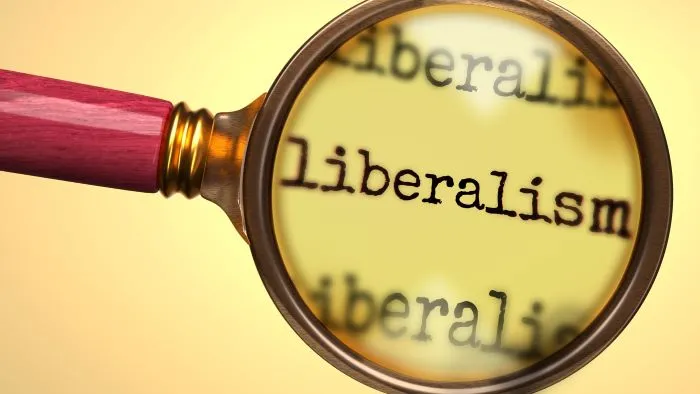John F. Kennedy writes, ‘Change is the law of life,’ but one will wonder if he realizes the astonishing evolutionary and revolutionary transformations of political and ideological landscapes of human society. Societies and states go through several changes; One of the most phenomenal changes is the contemporary shift in ideologies on which different countries and blocks run their foreign policy and international relations. Of all of these, two are most prominent and widely practised (Liberalism and Realism). Normally when the word ‘liberalism’ is heard, it creates an image of western world, its values, customs and practices regarding political and economic life in our minds. On the other hand, realism reminds us of all that western statesmen tell us about the leaders of the rest of the world—aggression, material power, and coercion. However, the contemporary geopolitical trends show a gradual change in performance venues of both ideologies.
Traditional champions of liberal ideas are adopting realist and expansionist practices, while previously labelled authoritarian and coercive states are pursuing liberal and democratic ideals.
There is a shift in western mindset particularly after the rise of populist leaders in United States and most European countries. Western countries are increasingly adopting illiberal practices by military interventions, waging economic wars, implementing protectionist policies, and exiting international institutions of cooperation and coexistence. The United States and its other western allies have been constantly engaging in regime changes and proxy wars in Middle Eastern and African states. Recent American aggression supported and colluded with by Britain on Iranian territory, and their combined complicity with Israeli war crimes in Gaza strip and West Bank, are just a drop in the bucket.
Throughout the decades, they have been directly and indirectly not just influencing political processes but controlling the major political activities in developing countries with their strategic threats and coercive acts. Besides this, protectionist policies practiced in western countries have not only disturbed the demand and supply of goods and the economic stability in developing nations but also have violated the liberal principle of economic interdependence and mutual benefit. Moreover, the liberal and democratic international institutions for cooperation, consensus and assistance have also been under the threat of collapse, particularly since the second term of the Trump presidency began—as he ended up defunding certain UN bodies like WHO, UNESCO, and UNRWA. All these trends suggest the shift of western leaders from being strong advocates of liberal, democratic, and humanitarian ideals to the experts in aggression, expansion, and coercion.
In contrast, countries widely known for authoritarianism, expansionism and aggression, within the realm of western narratives, have been increasingly involved in dialogue, diplomacy and negotiations instead of offensives. States like China and Russia are constantly pursuing liberal and democratic ideals in international relations through organizations like SCO (Shanghai Cooperation Organisation) and BRICS (Brazil, Russia, India, China, and South Africa). China, through its Belt and Road Initiative, has been involved in economic cooperation with over 140 countries. Through SCO, China and Russia are actively engaged in promoting economic development, free trade, cooperation, stability and efforts against terrorism. Moreover, SCO is also proactively involved in mediation between the countries – the expected negotiations between China and India in the coming SCO Tianjin Summit 2025. Perhaps the most important and commendable effort in promoting liberal values of dialogue and consensus is the establishment of the International Organisation for Mediation (IOMed), a UN body initiated by China, which seeks to increase the use of mediation for resolving international disputes.
These changing mindsets of the so-called liberal western world and rising powers intersect with the changing dynamics of geopolitical alliances and friendships and ongoing military and economic wars. Pakistan also needs to revisit its foreign policy; instead of taking a side, it needs a pragmatic and stable foreign policy to engage with every nation in economic, cultural, technological and scientific cooperation. Pakistan must play a key role in promoting the democratic values of consensus, collaboration, dialogue and diplomacy in order to create a legacy of what its founders advocated for—peaceful coexistence, dialogue, cooperation and human development in every corner of the globe.
